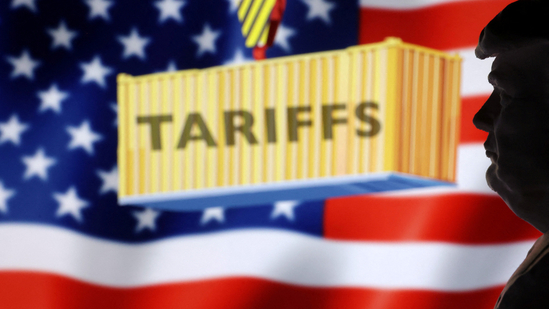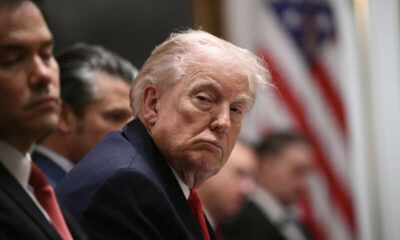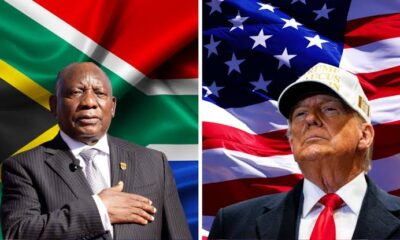News
Trump’s Global Tariffs Head to the Supreme Court: What’s at Stake for Businesses and the World

The United States Supreme Court is preparing to take on one of the most consequential trade cases in decades a direct challenge to former president Donald Trump’s sweeping global tariffs that reshaped international commerce and rattled small businesses at home.
A Case That Could Redefine Presidential Power
At the heart of the case is Trump’s use of emergency economic powers to impose “reciprocal” tariffs on countries he claimed were treating the US unfairly. The duties part of his hallmark “America First” trade strategy hit major trading partners like China, Mexico, and Canada, with ripple effects felt across global supply chains.
Critics say Trump overstepped his authority. A federal appeals court agreed, ruling that the levies were illegal. The Trump administration quickly appealed, setting up this Supreme Court showdown that could redefine how far a president can go in using trade policy as a political and economic weapon.
If the justices side with Trump, it could cement presidential authority to unilaterally impose tariffs worldwide. If they rule against him, billions in collected customs revenue and ongoing trade deals could be thrown into uncertainty.
Small Businesses Say They’re Paying the Price
While the case has broad constitutional implications, for many small American businesses, it’s personal.
“These tariffs threaten the very existence of small businesses like mine,” said Victor Schwartz, founder of the New York wine distributor VOS Selections, who became one of the lead plaintiffs in the case. “We’re gambling with our livelihoods, trying to predict the unpredictable.”
Schwartz and others say the sudden, shifting tariffs have made it nearly impossible to set prices or plan inventory. Importers like Mike Gracie, who runs a family business selling hand-painted wallpaper from China, say they’ve absorbed hundreds of thousands of dollars in costs.
“We didn’t want to risk losing customers by hiking prices,” he said. “But we can’t keep absorbing these costs forever.”
What the Experts Are Saying
Economists warn that even if tariffs don’t immediately raise consumer prices, they make American companies less competitive in the long run.
“About 40% of US imports are intermediate goods parts and materials businesses use to make finished products,” explained Kent Smetters of the University of Pennsylvania. “Tariffs on those inputs weaken US manufacturing.”
Former US trade official Ryan Majerus believes the Supreme Court could choose a middle path limiting how tariffs can be applied rather than striking them down entirely.
“The court might allow certain ‘reciprocal’ tariffs while blocking others, like those tied to non-trade issues such as fentanyl control,” Majerus said.
Even if the tariffs are ruled illegal, Trump’s administration could turn to other trade laws to reimpose short-term duties. That means the political and economic tug-of-war is far from over.
The Bigger Picture
Beyond trade and economics, this case raises deeper questions about executive power in Washington.
“If the court allows this kind of unilateral action to stand,” Smetters said, “then what else can a president do without Congress? That’s what could really spook the markets.”
The ruling could take months, but the stakes are already clear: for small business owners, global partners, and the very balance of power between the White House and Congress, the Supreme Court’s decision will help define America’s next chapter in global trade.
{Source:EWN}
Follow Joburg ETC on Facebook, Twitter , TikTok and Instagram
For more News in Johannesburg, visit joburgetc.com



























